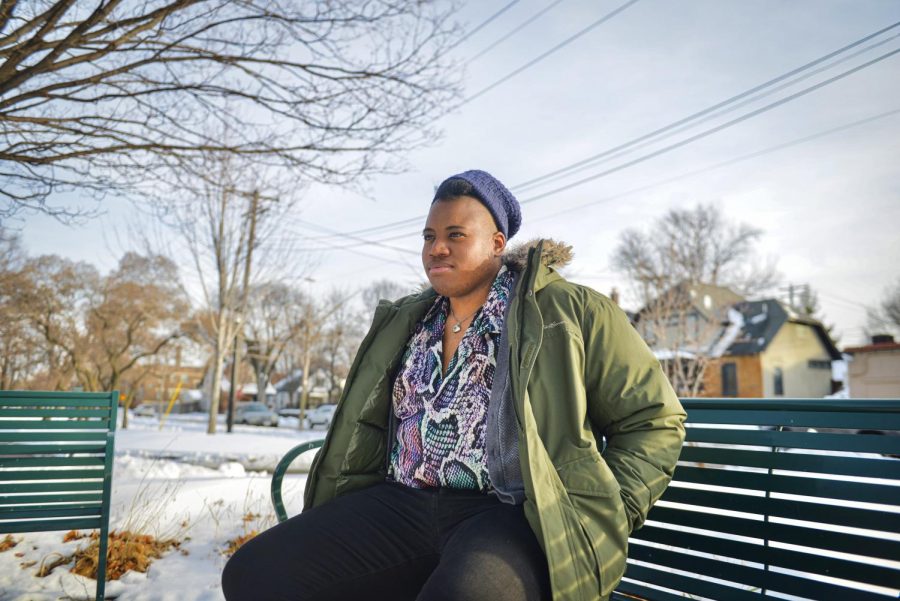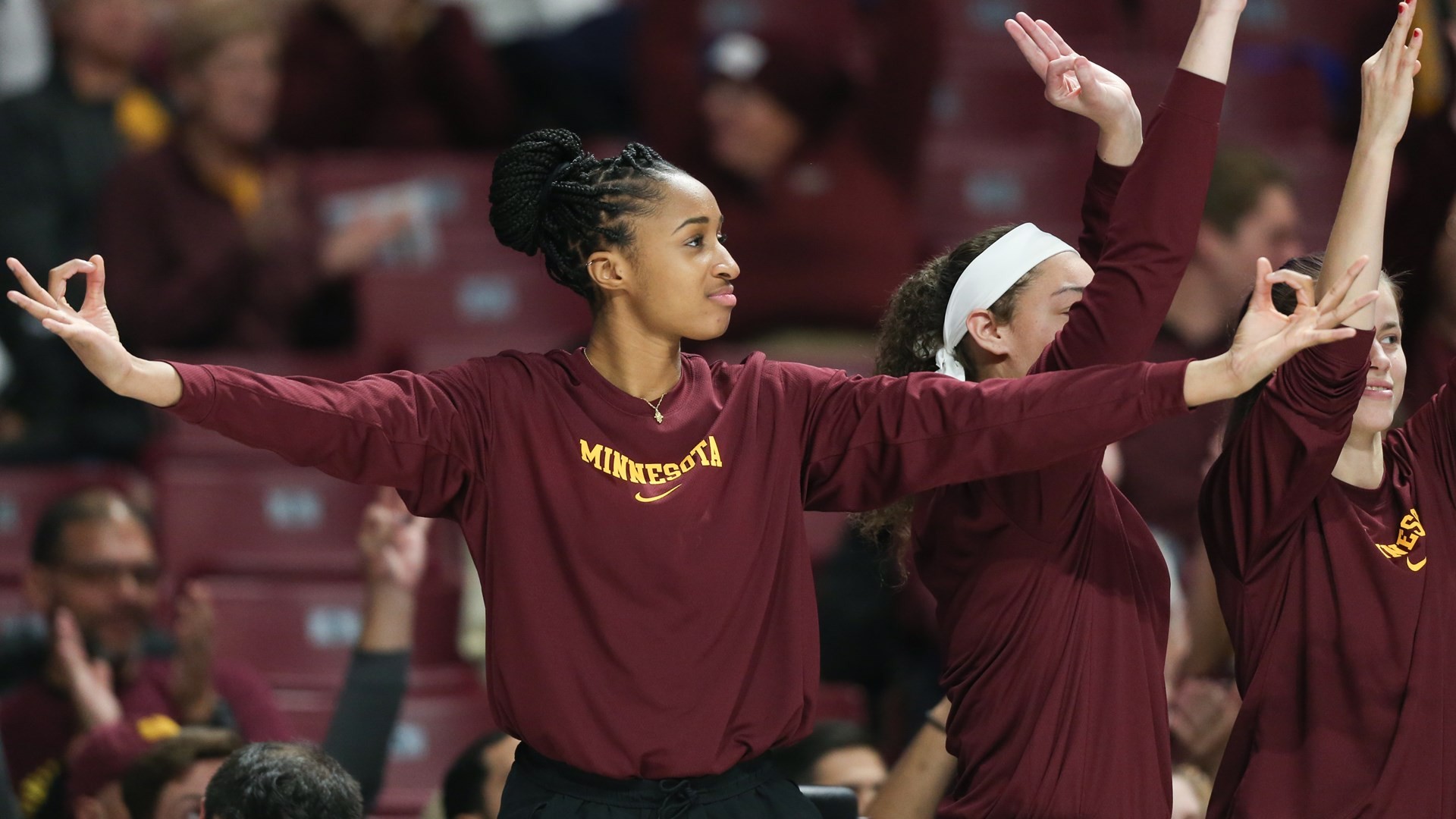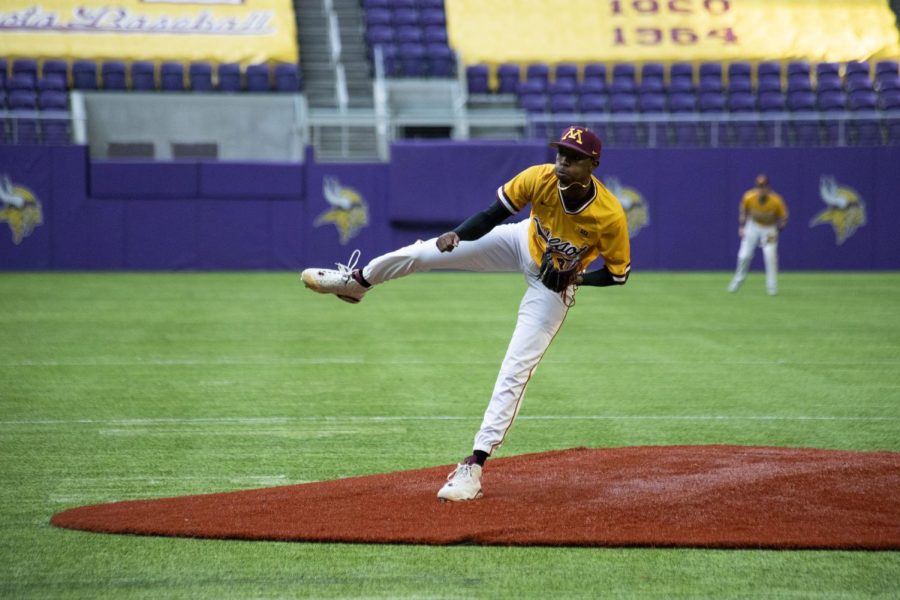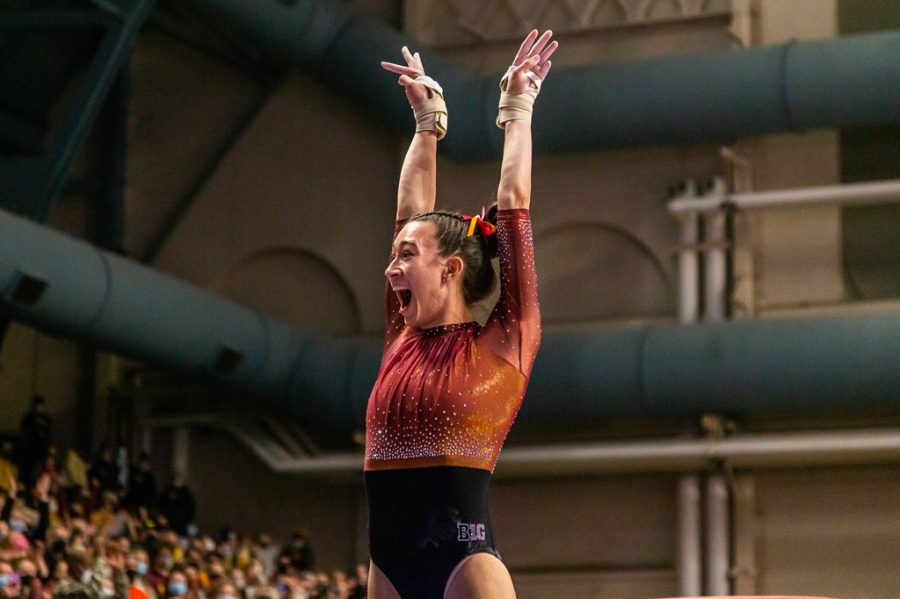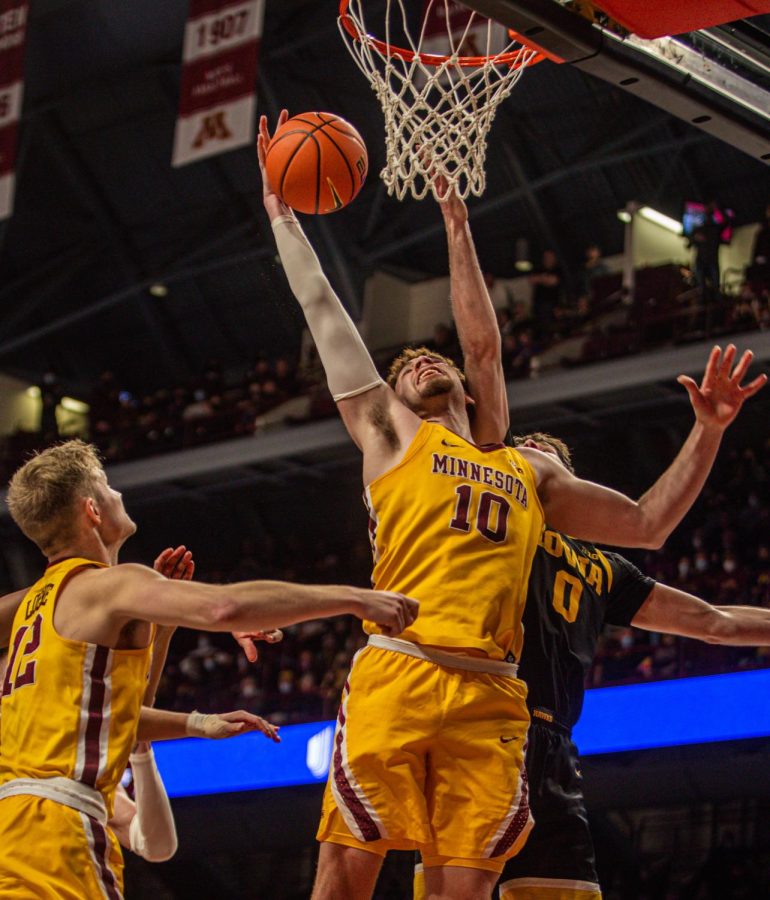Minneapolis activist groups are focusing on finding new ways of holding the police force accountable after the public safety question failed on Nov. 2.
Activists in Minneapolis are focusing on passing legislation that would install a civilian oversight panel and allow mental health experts to respond to some 911 calls. Black Lives Matter Minnesota is specifically focusing on reparations for Black residents.
Many activist groups in Minneapolis, including the creator of Yes 4 Minneapolis, supported question two but the initiative did not pass, with about 56% of Minneapolis voters marking “No” on their ballots. If it passed, the ballot amendment would have replaced the Minneapolis Police Department (MPD) with a Department of Public Safety, which could have included police officers but was not required to.
Looking to the 2022 election: CPAC instead of Yes 4 Minneapolis
Twin Cities Coalition For Justice 4 Jamar (TCCJ4J) is working to get the Civilian Police Accountability Commission (CPAC) on the Minneapolis ballot for 2022. If passed, CPAC would instate a board of elected citizens that would hold police accountable and investigate officers with complaints against them.
Currently, the Office of Police Conduct Review is made up of civilians and officers and investigates complaints made against officers.
TCCJ4J member Jae Yates said the group is collecting signatures from Minneapolis citizens to get CPAC on the ballot and educating people about what the measure would do.
“CPAC would establish an all-civilian elected board to oversee all aspects of police operations, as opposed to question two, which would have given the mayor and City Council power over police,” Yates said.
Yates said if passed, the CPAC would be tasked with reviewing the police operations handbook and investigating officers that have complaints against them.
Students for a Democratic Society (SDS) are also working toward a CPAC for the University of Minnesota Police Department. The proposed CPAC for the University would install an elected body made up of students, University officials and members of surrounding University neighborhoods.
CUAPB helps increase response options
Michelle Gross, President of Communities United Against Police Brutality (CUAPB) did not support question two. She said exchanging the MPD with a Department of Public Safety would move police under City Council control, which would not make them more accountable.
Gross said the group is working to find more resources for crisis response instead of the police. One example is Travis’s Law, which was named after Travis Jordan, who was shot by police in 2018 after he experienced a mental health emergency. The law requires 911 dispatchers to refer mental health crisis calls to mental health crisis teams where they are available.
If a call comes in at a late hour or in a smaller town, crisis teams may not be available, and since they receive less funding, the response time is much slower than 911 response.
BLM Minnesota works toward reparations
Founder of Black Lives Matter Minnesota Trahern Crews said he was disappointed when question two did not pass but thought police reform was still possible in Minneapolis.
Crews said Black Lives Matter Minnesota is working toward reparations, possibly including cash payments, education resources and health and wellness clinics for Black Minnesotans.
“We would have health and wellness centers that are able to deal with post traumatic slavery syndrome,” Crews said. “Those clinics need to be in populations where there’s high concentrations of foundational Black Americans, [who] are people whose ancestors went through slavery, Jim Crow, the lynching period, anybody who’s Black and whose families were here before 1965.”
Crews said the organization is working towards police accountability, possibly by requiring officers to carry insurance.
“If police had to carry insurance in the first place, Derek Chauvin would have never been able to kill George Floyd because he has had too many incidents against him,” Crews said. “If you have a car accident, your insurance goes up. If you have another one that goes up, after many, you can’t get any insurance at all. So there’s officers who wouldn’t even be able to be a police officer because they’ve had way too many incidents.”


